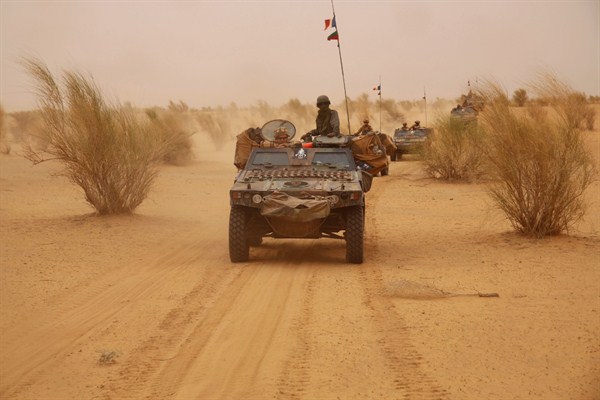With increasing violence and insecurity in all parts of the country, a government that has elevated political disillusionment to an art form and an international community unable to effect change on the ground, Mali is quickly becoming West Africa’s basket case. Despite continued international military commitments and a recent peace treaty between the government and northern rebels, the situation looks bleak.
Mali is currently facing two distinct but connected types of violence: a political conflict over the status of the northern part of the country that is taking on intra-communal dimensions; and a rising tide of jihadi terrorism, committed by a network of al-Qaida-linked groups.
The northern conflict has its roots in successive rebellions by sections of the Tuareg ethnic minority for political autonomy or even independence, reaching back, at least, to independence from France in 1960. The list of actors and interests is long and complex, but the main rebel group opposing the government today is the Coalition for the People of Azawad (CPA), an alliance whose strongest member is the veteran National Movement for the Liberation of Azawad (MNLA).

